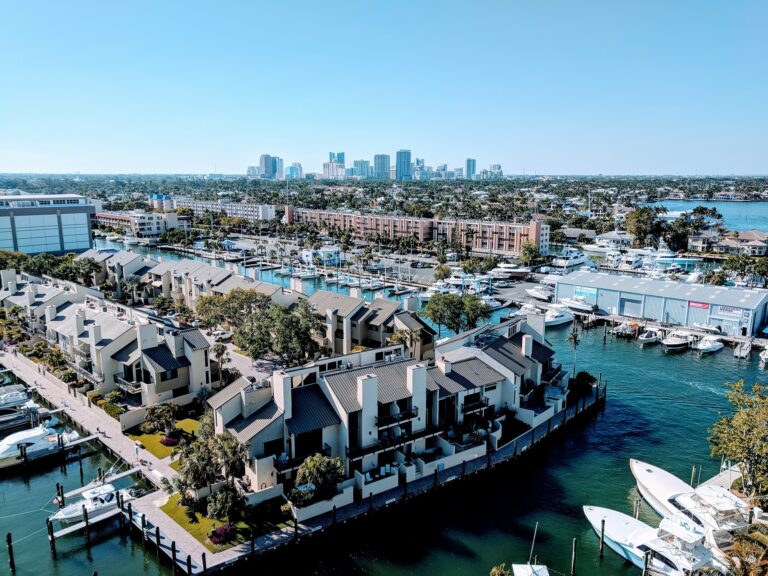In Florida, many commercial tenants often negotiate to add terms and conditions in lease agreements that allow subletting. Depending on the term of the lease, a tenant may need to move out for several reasons, which makes subletting a good option to relieve them of rental obligations.
In this article, you will discover the essentials of commercial sublease in Florida.
What is a Florida Commercial Sublease? – Understanding the Basics
A commercial sublease happens when a tenant allows another party to use the leased premises upon the payment of an amount of rent. In this type of transaction, the original tenant must abide by the rights and obligations outlined in the lease agreement.
In most cases, a commercial tenant will only sublet the premises – fully or partially- for a term that is less than the remaining period of the lease. The commercial landlord has a contractual relationship with the new tenant.
In a sublease, the original tenant remains contractually obligated to the landlord, which makes him or her responsible for paying the rent, utility bills, and other duties provided by the lease agreement.
It is not possible to sublet commercial premises legally without the landlord’s permission. Ideally, the terms and conditions for a sublease should be part of the commercial lease agreement to avoid stressful disputes in the future.
Commercial Sublease in Florida – The Essentials
Proper Communication
An essential aspect of subleases is proper communication between the parties involved. In such cases, the landlord must guarantee a smooth transition and work with the sublessee to receive the due amount of rent.
When drafting the commercial lease agreement, it is important to identify an ideal type of sublessee and define certain criteria to select who can occupy the premises. Saying yes to every potential sublessee is far from ideal and will likely result in stressful situations.
If necessary, the landlord must retain the right to approve or disapprove a potential sublessee based on the contractual provisions. Ultimately, the contract must have a clear definition of the rights and duties of both parties.
Conducting Due Diligence
Many commercial property owners only associate the term “due diligence” with business purchases. However, proper due diligence must also be conducted before approving a sublessee. If a prospective sublessee cannot fulfill the terms of the lease, approving the sublease is not a good idea.
Before authorizing the sublease, it is crucial to check:
- Whether the sublessee has sufficient resources to uphold the financial obligations of the lease
- Whether the sublessee’s intended use of the premises fits the space and contractual use restrictions
- Whether there is a conflict between the intended use of the premises and other tenants occupying the same building (if applicable)
Please note that the amount of due diligence required may vary with each case. Depending on how the sublease conditions are outlined in the lease agreement, it is not possible to reject an applicant unless the decision is justified by reasonable motivation.
For example, it may be reasonable to deny a sublease based on a potential sublessee’s apparent inability to satisfy the financial obligation of the lease (e.g., failing to pay the rent).
Florida Commercial Sublease – Immediately Work with an Expert Lease Attorney
A well-versed legal advisor in Florida contract law, Attorney Romy B. Jurado willingly wants to help protect your interests in a lease. Contact us by calling (305) 921-0976 or emailing [email protected] to schedule a consultation.






